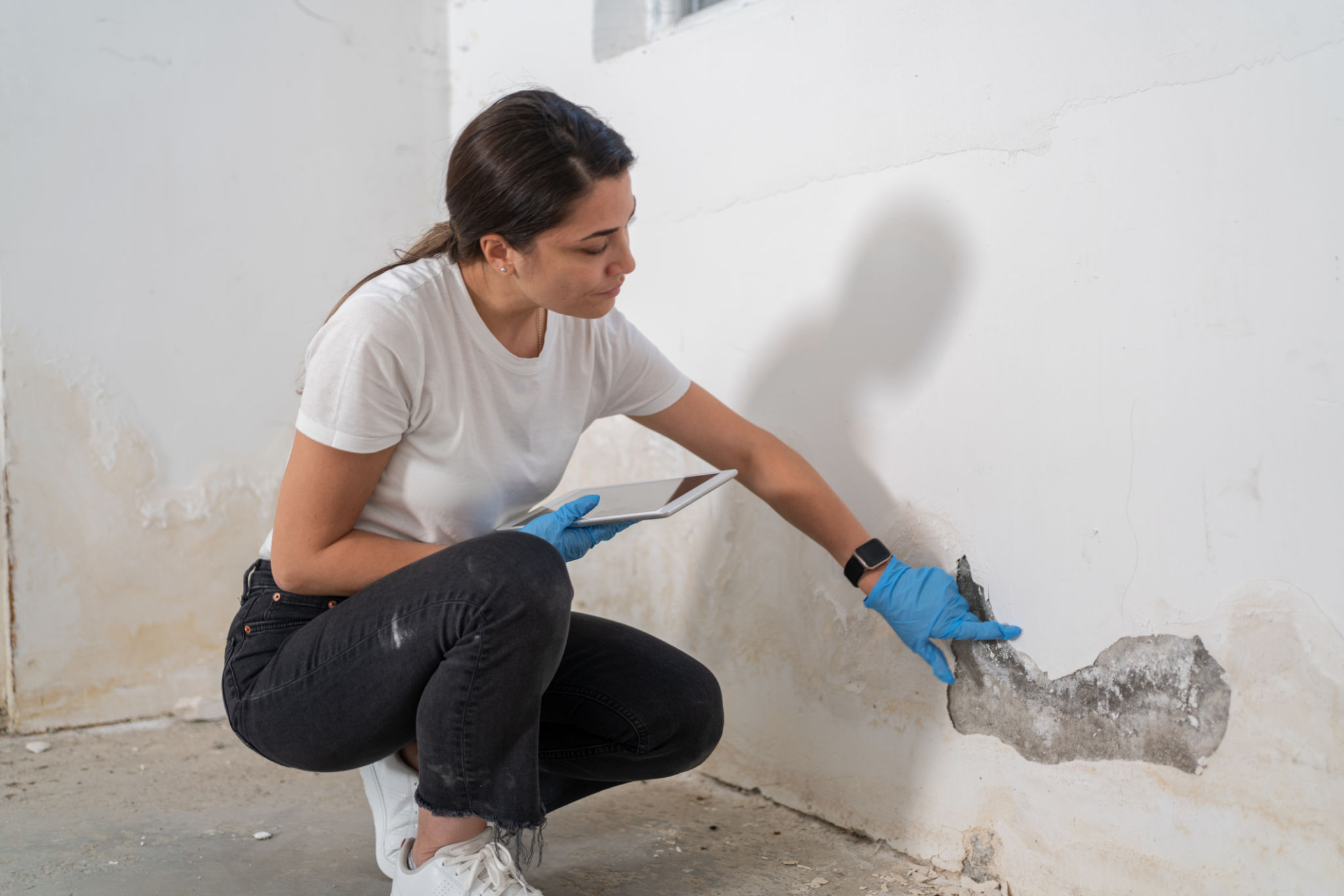How to Navigate Property Maintenance Regulations in Norwich
Understanding Property Maintenance Regulations
Property maintenance regulations in Norwich are essential for ensuring that buildings are safe, habitable, and in good repair. Whether you're a landlord, property manager, or homeowner, understanding these regulations can help you maintain compliance and avoid potential penalties. These rules cover a range of areas, including structural integrity, safety standards, and aesthetic maintenance.
Regulations are often updated, so it's crucial to stay informed about any changes that might affect your responsibilities. By keeping abreast of these updates, you can ensure your property remains compliant and continues to meet the required standards.

Structural Integrity and Safety Standards
One of the key aspects of property maintenance regulations is maintaining the structural integrity of the building. This includes ensuring that the foundation, walls, roof, and other structural components are in good condition. Regular inspections by qualified professionals can identify issues before they become serious problems.
Safety standards are equally important. For instance, properties must have functional smoke alarms, carbon monoxide detectors, and adequate fire escapes. These elements not only protect tenants but also ensure the property complies with local safety laws.

Ensuring Aesthetic Maintenance
Property regulations in Norwich also cover aesthetic maintenance. This involves keeping the exterior of the property in good condition, such as painting, landscaping, and repairing any visible damage. While these might seem like minor details, they play a significant role in maintaining property values and community standards.
Regular upkeep can prevent larger issues from arising. For instance, neglecting to repair a small crack in the exterior could lead to more significant structural problems over time. Therefore, routine maintenance is both a regulatory requirement and a sound investment in your property’s longevity.

Documentation and Communication
Documentation is a vital component of property maintenance. Keeping detailed records of inspections, repairs, and maintenance activities can serve as evidence of compliance if needed. These records should include dates, descriptions of the work performed, and any associated costs.
Effective communication with tenants is also essential. Informing them about upcoming inspections or maintenance work ensures transparency and helps maintain a positive relationship. Tenants can also provide valuable feedback about potential issues that might need attention.
Working with Professionals
For many property owners, working with professionals can simplify the process of navigating regulations. Hiring experienced property managers or maintenance companies can ensure that all aspects of the property are regularly inspected and maintained according to local laws.
Professionals can also provide valuable advice on cost-effective solutions for repairs and upgrades, helping to keep the property in excellent condition without unnecessary expenditures. This expertise can be especially beneficial for those unfamiliar with the intricacies of local regulations.

Staying Updated on Regulatory Changes
The landscape of property maintenance regulations is constantly evolving. To stay compliant, it’s important to regularly check for updates from local government bodies or industry associations. Subscribing to newsletters or attending workshops can provide insights into upcoming changes or new requirements.
By staying informed and proactive, property owners can ensure they meet all regulatory obligations while maintaining a safe and welcoming environment for tenants. This approach not only safeguards against legal issues but also contributes to the overall quality and reputation of the property.
